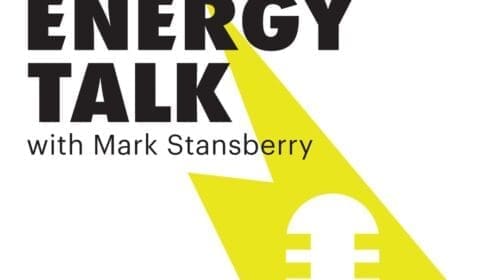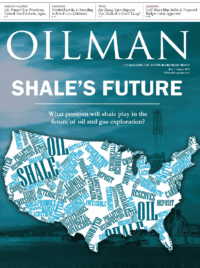The impact of the shale revolution continues to create economic opportunities and to weaken OPEC.
The American oil and gas industry has come a long way since the 1973-74 OPEC oil embargo timeframe. There was a time according to projections that the U.S. was reaching a point of running out of oil, that dependence on foreign oil would be the norm.
A little over three years ago, the West Texas Intermediate oil price was around $110 per barrel. Today, the price is hovering around the $50 per barrel range.
The American oil and gas industry has increased reserves dramatically due to advanced technology. Therefore, OPEC is not the force it once was.
As an editorial in Investor’s Business Daily recently stated, “the point is, fracking, horizontal drilling and new shale-oil techniques will keep energy cheap for years to come, bringing economic stimulus to America after 10 years of economic neglect. As for OPEC, sure, it will survive. But it’s not likely to be the force in global markets it once was.”
Hydraulic fracturing was first commercially used well over sixty years ago primarily for drilling conventional wells. In the late 90s, the combination of hydraulic fracturing and horizontal drilling were introduced. According to the Horinko Group, a Washington, D.C. based environmental firm, “the process of hydraulic fracturing is used today in more than 90% of new oil and natural gas wells in the U.S. Industry estimates show that hydraulic fracturing has been applied to more than one million wells nationwide in thirty-three states where oil and gas production occurs.”
With all the great opportunities that are ahead for oil and natural gas exploration by the use of technologies of hydraulic fracturing and horizontal drilling, there should be the continued goal of environmental preservation. There is an industry focus placed on providing technologies for maintaining water resources and reusing water that is generated.
The opportunity for economic development is before us. As Eric Claeys states in his article in National Affairs, “When energy companies discover new oil and gas reserves, they expand American consumers’ freedom of action, by expanding the supplies of fuel, food, plastics, and other products available to everyone. If and when expanded supplies drive prices down, energy production increase consumers’ liberty a second time, by letting them reroute savings from basic needs (especially fuel and energy bills) to other, more satisfying parts of their lives. And new energy discoveries also empower the citizen who take the new jobs they produce.” Claeys article goes on to state, “…in a system of free enterprise, owners use their land to make their own lives and everyone benefits when energy companies increase the supply of energy available for all.
America Needs America’s Energy! Go to Facebook and join our effort: National Energy Talk. “Future generations are depending on us, the people, to take control of our energy future here in America!”
Mark A. Stansberry, energy advisor and corporate development strategist, has been a columnist and contributor for Energies Media since 2014. He is the author of America Needs America’s Energy: Creating Together the People’s Energy Plan and the host of the National Energy Talk podcast. Stansberry served as U.S. Senator Bartlett’s intern/staff member from 1975-76, and led Senators Bellmon and Bartlett’s State Youth Conference in 1976. Stansberry can be contacted through his website.









